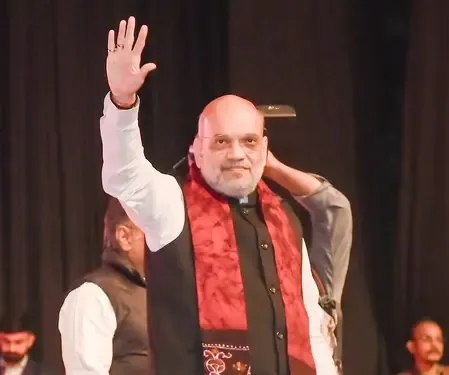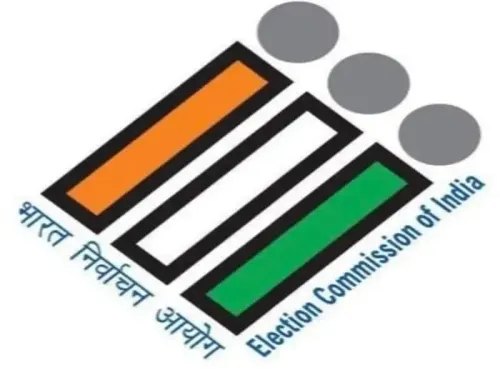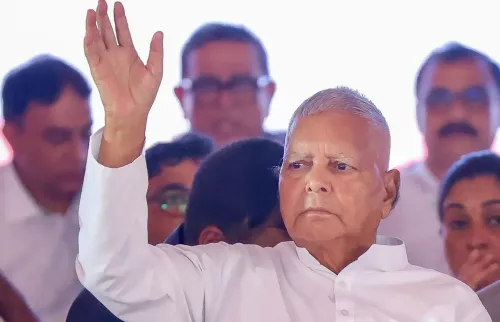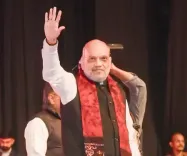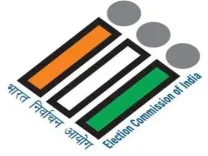Will the Delhi HC's Decision Impact Arvind Kejriwal's Legal Battle?
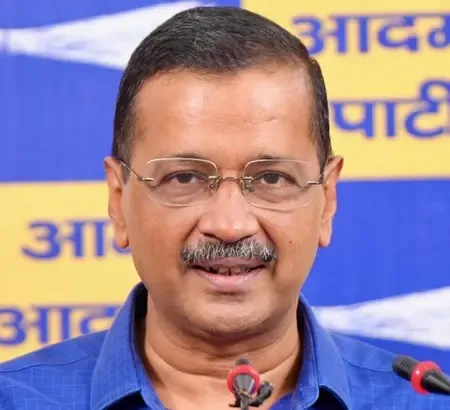
Synopsis
Key Takeaways
- The Delhi High Court has given the ED six weeks to respond to Kejriwal's plea.
- Kejriwal challenges the maintainability of the ED's complaints.
- The case involves allegations of non-compliance with legal summons.
- The outcome could impact legal standards for public officials.
- Further hearings are scheduled for September 10.
New Delhi, July 9 (NationPress) The Delhi High Court has granted the Enforcement Directorate a period of six weeks to respond to a challenge brought forth by former Delhi Chief Minister Arvind Kejriwal against the summons issued to him by the trial court regarding the Delhi liquor policy case.
The court, led by a single-judge Bench of Ravinder Dudeja, has instructed the federal anti-money laundering agency to provide its response, which should include its views on the maintainability of the petitions submitted by the Aam Aadmi Party (AAP) leader.
Justice Dudeja's Bench has scheduled the matter for subsequent hearings on September 10.
During the proceedings, counsel for the ED raised objections concerning the maintainability of Kejriwal's latest petitions, arguing that he should not be allowed to file another petition after previously contesting the maintainability of the ED's complaints related to non-compliance with the summons.
Previously, Kejriwal approached the Delhi High Court to dispute the maintainability of the complaints lodged by the ED, which were based on his non-compliance with the summons linked to the money laundering case associated with the liquor policy 'scam.'
Kejriwal argued that when a summons was issued by one ED officer of Assistant Director rank, another complaint could not have been filed by a different officer of the same rank according to Section 195 CrPC.
Before his arrest on March 21, 2024, the ED submitted two complaints to a magisterial court regarding the non-compliance with its summons under the Prevention of Money Laundering Act (PMLA).
The agency stated that if a high-ranking official like Kejriwal disregarded the law, it would set a poor example for the general public.
The ED's complaint also claimed that Kejriwal deliberately failed to comply with the summons and provided 'lame excuses.'
In response, the Additional Chief Metropolitan Magistrate (ACMM) of the Rouse Avenue Court issued a summons to Kejriwal.
Challenging this order, Kejriwal appealed to the sessions court regarding the two complaints filed by the ED. However, on March 15 of the previous year, the sessions court declined to grant a stay on the summons issued to him by the ACMM.
Facing a lack of immediate legal recourse, Kejriwal sought bail, which was granted on a bond of Rs 50,000 and a surety of Rs 50,000.
In his most recent plea filed with the Delhi High Court, Kejriwal has challenged the sessions court's ruling that dismissed his objection against the summons stemming from the ED's complaint.
Kejriwal was granted interim bail by the Supreme Court in the ED case, which referred his plea to a larger Bench for an authoritative ruling on the legal questions involved in the liquor policy case.


